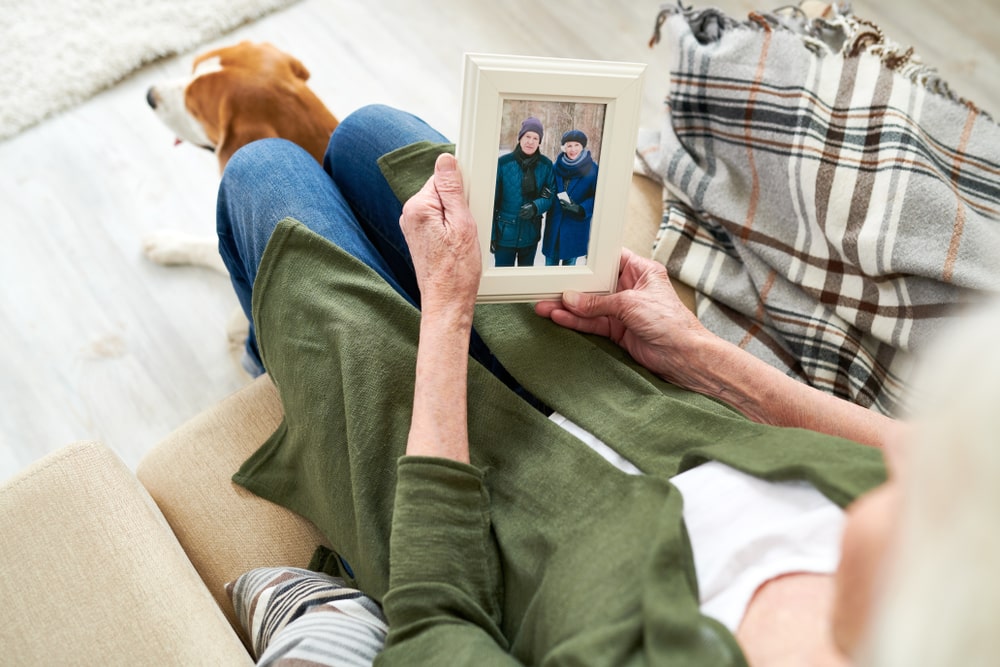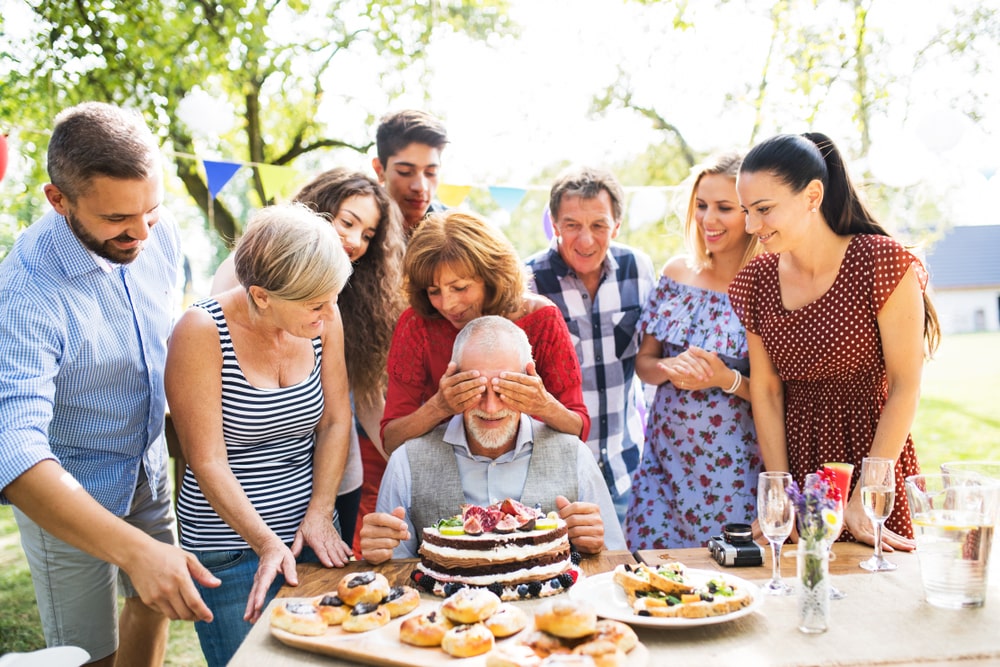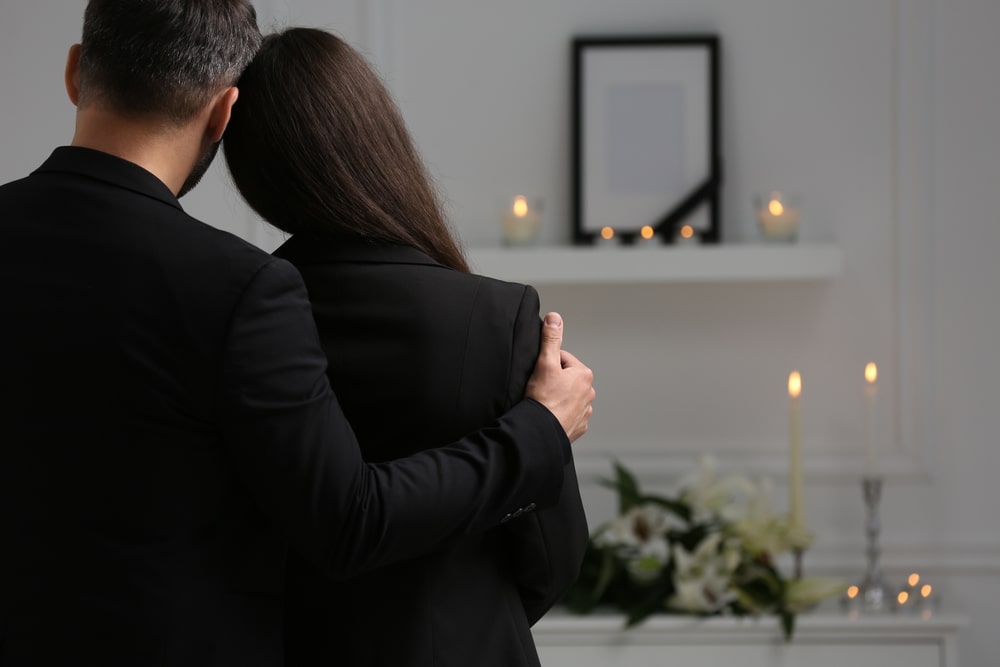While the form and tradition of the funeral has changed from culture to culture over the ages, the fact remains that every people group finds a way to remember and honor their dead. We still have the same need today. There is something necessary and beautiful about marking the passing of our loved ones and remembering their lives. But how do funerals actually help us remember a loved one?
The 6 Needs of Mourning
Dr. Alan Wolfelt, a nationally recognized grief expert, counselor, and educator, has found that an authentic funeral helps meet six essential needs of mourning. He believes these six needs are “the most central to healing in grief. In other words, bereaved people who have these needs met, through their own grief work and through the love and compassion of those around them, are most often able to reconcile their grief and go on to find continued meaning in life and living.”
The six needs are:
- Acknowledging the reality of the death
- Moving toward the pain of loss
- Remembering the person who died
- Developing a new self-identity
- Searching for meaning
- Receiving ongoing support from others
The personalized funeral that encompasses all six of these needs becomes meaningful and healing. It creates a special moment in time that can bring comfort and peace and helps each person start the grief journey on the right foot. Today, let’s explore how funerals help us remember a loved one.

A Time to Remember
One of the key purposes of a funeral is to allow people to take time out from all the everyday, busy things of life and focus on one person, one life. We take time out of our lives to acknowledge, remember, and actively share our cherished memories and recollections.
A person’s life is made up of a series of relationships, interactions, choices, dreams, and activities. At the funeral or memorial service, we have the opportunity to visit the memorable moments of a person’s life and share the impact of those moments with other grieving people. Together, our memories create an accurate and often beautiful portrait of the person we love.
Create a Relationship Based on Memory
Through active remembrance, funerals help us begin to shift the nature of our relationship with the person who died. For the rest of your life, you will love this person, but now, they live in your memory and not in your presence. By recalling memories and sharing them with others, we begin the process of internally transitioning from a relationship of presence to one of memory. This is an important part of the grieving process because it is our memory that will remind us of our love for this special person, ensuring that they are never far from our hearts.
Reflect on Your Loved One’s Life
Lastly, funeral and memorial services help us remember the legacy of a loved one’s life. Funerals can be personalized to reflect your loved one’s values, beliefs, hobbies, interests, and more. In other words, their unique contribution to other people’s lives. So, display photos of their life in various ways. Decorate with their favorite color. Play a tribute video. Share stories about how the person’s life impacted yours; what you learned from their example; how you will carry them with you wherever you go from now on. Sharing your loved one’s legacy helps you to intentionally honor their life in a meaningful and personal way. Every story and every detail shared will help those who attend remember your loved one’s life and impact and carry those life lessons with them, even if they didn’t know your loved one very well.
When someone we love dies, our life is unalterably changed. We do not want death to occur, but it does. By taking time to remember our loved one at a funeral or memorial service, we honor their life and legacy. All in all, when we participate in a funeral or memorial, we join in an age-old tradition, one that has existed since the beginning of humanity. We remember and honor those we love, we seek to learn from their life’s example, and we acknowledge the value of their legacy, which lives on in the hearts of all who knew them.







